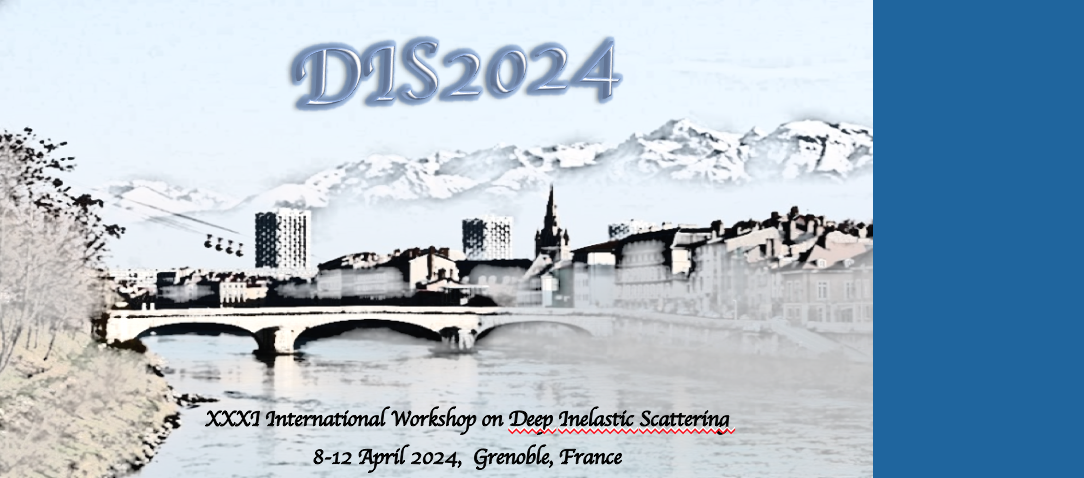Speaker
Description
Abstract 210:
Flavour-tagging is a critical component of the ATLAS experiment physics programme. Existing flavour tagging algorithms rely on several low-level taggers, which are a combination of physically informed algorithms and machine learning models. A novel approach presented here instead uses a single machine learning model based on reconstructed tracks, avoiding the need for low-level taggers based on secondary vertexing algorithms. This new approach reduces complexity and improves tagging performance. This model employs a transformer architecture to process information from a variable number of tracks and other objects in the jet in order to simultaneously predict the jets flavour, the partitioning of tracks into vertices, and the physical origin of each track. The inclusion of auxiliary tasks aids the models interpretability. The new approach significantly improves jet flavour identification performance compared to existing methods in both Monte-Carlo simulation and collision data. Notably, the versatility of the approach is demonstrated by its successful application in boosted Higgs tagging using large-R jets.
Abstract 246:
Hadronic object reconstruction is one of the most promising settings for cutting-edge machine learning and artificial intelligence algorithms at the LHC. In this contribution, highlights of ML/AI applications by ATLAS to particle and boosted-object identification, MET reconstruction and other tasks will be presented.
Abstract 247:
Experimental uncertainties related to hadronic object reconstruction can limit the precision of physics analyses at the LHC, and so improvements in performance have the potential to broadly increase the impact of results. Recent refinements to reconstruction and calibration procedures for ATLAS jets and MET result in reduced uncertainties, improved pileup stability and other performance gains. In this contribution, highlights of these developments will be presented.

